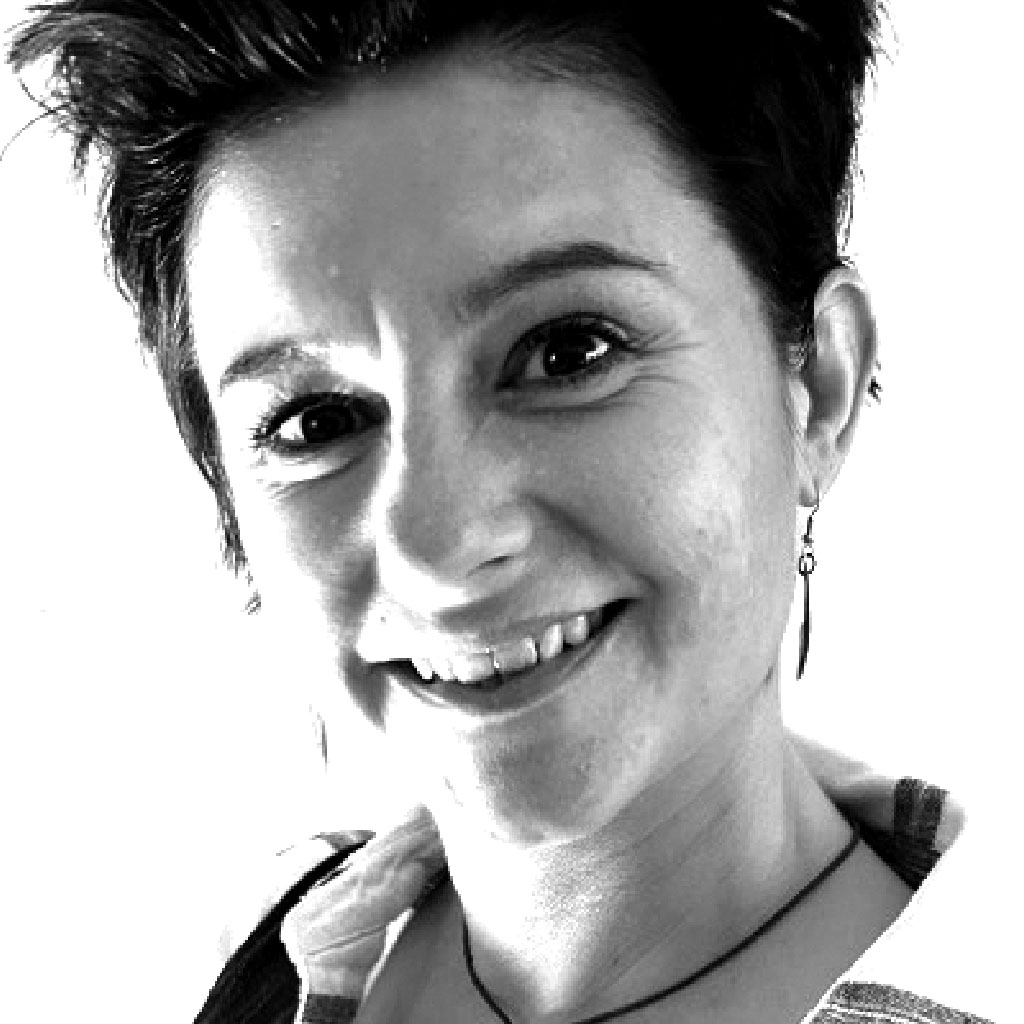
Jo
07305890303
[email protected]
Instant Availability please call before booking
Jo is an accomplished Integrative Counsellor holding a BA (Hons) and a progression of diplomas culminating in a Level 5 Foundation Degree in Counselling & Psychotherapy. Her eclectic therapeutic approach draws from a spectrum of methodologies, ensuring personalized support for each individual's needs. Jo's practical expertise extends to facilitating 'Nature & Nurture' support groups, aiding young people and their parents through emotional challenges by integrating the healing aspects of nature into therapy.
Her work also spans to support for those with learning and neuro-diverse conditions in forensic rehabilitation settings. Committed to professional excellence, Jo continuously updates her skills and maintains membership with the BACP, reflecting her adherence to stringent training and ethical standards.

Rebecca
07305890303
[email protected]
Instant Availability please call before booking
Rebecca is a compassionate mental health professional, specialising in counselling for issues like social anxiety, depression, and relationship challenges. With a focus on personal growth and behavioural change, she has experience in lifespan theories and has navigated the emotional aspects of parenthood.
Rebecca utilises multiple therapeutic approaches such as Humanistic, CBT, and CFT, tailoring her methods to each client's unique needs. She currently offers online sessions via Microsoft Teams, and over the phone. Actively expanding her skills, Rebecca is training in telephone counselling and plans to introduce Walk and Talk therapy.
Abuse
Spotting the signs of abuse
The term abuse can mean many things to many people. Typically, we define abuse is a behaviour which is aimed to control, intimidate or physically/ mentally threaten an individual. Often, abuse comes from a position of power over someone else, using domination and specific circumstance to bend someone to their own will. Abuse comes in many forms, and can be anything from sexual abuse to physical abuse. Looking for Psychologists in London ?
However, there is little limit to what could be construed as abuse; it all comes down to the circumstance more than anything. One issue that you might have is spotting the signs of abuse. Typically, we feel like the below attributes are common signs of someone who feels like they are being abused:

- You feel like you need to walk around the abuser, always watching what you do or say in their presence. This forces you into your shell, causing you to blame your own behaviour.
- There is a definite drop-off in how often you engage in other social circumstance. If you rarely see friends or family anymore but were once social, it’s a clear sign of abuse.
- You feel afraid in the presence of your partner, but also feel like you could not live without them. That feeling of permanent dependency causes you to disregard your own fear.
- There is a desire to stick around as you fear the consequences of leaving, and what it might cause the person to do.
- You have a direct limitation on how you express yourself, and how you express your opinions and general beliefs in life.
- Physical violence has taken place, or you are constantly undermined with emotional and abusive language, demeaning your ability, appearance of anything else in your life.
- Regularly playing down your own concerns and simply doing as they say to avoid confrontation or through fear of how they might react to objection
Looking for CBT London ?
Naturally, this large-scale description of abuse can feel generally quite worrying. Typically, we ask that you look for the following characteristics in the person in question, too:
- A dominant demand for control that never stops. This is a common symbol of an abusive mind, and is often to do with control over money, lifestyle and what you do in your life.
- Total lack of allowance for independence; if you feel that your own aims to educate and improve yourself are being shut down, that’s a common trait of an abusive partner.
- Selfish thinking, where they act as the wounded party if you will not do exactly as they say, when they ask.
- An attitude of entitlement and superiority that sees their needs always come before your own, with lack of support for you or other people in their life, yet demanding constant support.
- A possessive attitude that treats everything in their life as ‘theirs’, with an aggressive undertone to the suggestion of being removed from that.
Contradictory statements, such as disparaging the same behaviour that they carry out at home. - Denial and an attitude of victim blaming, forcing them to always see abusive behaviour as ‘right’ and defending those who abuse others. Sometimes, it’s see from relationship to relationship.
- A desire to apologize or make amends for violent and abusive behaviour to excess afterward.
Am i an abuse victim ?
If you are someone who feels that they are in an abusive situation, some or all of the above – and other worrying traits – will be prevalent in your day-to-day life. If this feels like a situation that you cannot get away from, then you need to look for treatment. If you have been the victim of threats, guilt trips, abusive control mechanisms and/or parental-style coddling, then you might be in an abusive relationship.
If you feel like this might be the case, you will notice a gradual but significant deterioration in their ability to cope. When they start to blame you regularly or treat you with disdain, you often become the punch bag – figuratively or literally – for their frustrations.
From physical abuse or mental abuse, intimidating abuse or sexual abuse, many forms of abuse exist. If any of the above feels like a problem that you face, then it’s time to act upon and take decisive action.
save therapy
Whether it’s playing games with your mind, physical abuse, constant coddling, refusal to let you or others leave or excessive restraint, you are in a difficult position. Whether it’s sexual abuse, social abuse, financial abuse or emotional abuse, or any other kind of abuse, it’s important that you seek help.
The emotional damage and mental weight of abuse is hard to escape from. If you do nothing to escape that abuse, then you find yourself in a position whereby you need to do something to get away from it. Contact us today to discuss dealing with the immense hardship and challenge of curtailing and ending a culture of abuse in your personal or professional life.

Jo
07305890303
[email protected]
Instant Availability please call before booking
Jo is an accomplished Integrative Counsellor holding a BA (Hons) and a progression of diplomas culminating in a Level 5 Foundation Degree in Counselling & Psychotherapy. Her eclectic therapeutic approach draws from a spectrum of methodologies, ensuring personalized support for each individual's needs. Jo's practical expertise extends to facilitating 'Nature & Nurture' support groups, aiding young people and their parents through emotional challenges by integrating the healing aspects of nature into therapy.
Her work also spans to support for those with learning and neuro-diverse conditions in forensic rehabilitation settings. Committed to professional excellence, Jo continuously updates her skills and maintains membership with the BACP, reflecting her adherence to stringent training and ethical standards.

Rebecca
07305890303
[email protected]
Instant Availability please call before booking
Rebecca is a compassionate mental health professional, specialising in counselling for issues like social anxiety, depression, and relationship challenges. With a focus on personal growth and behavioural change, she has experience in lifespan theories and has navigated the emotional aspects of parenthood.
Rebecca utilises multiple therapeutic approaches such as Humanistic, CBT, and CFT, tailoring her methods to each client's unique needs. She currently offers online sessions via Microsoft Teams, and over the phone. Actively expanding her skills, Rebecca is training in telephone counselling and plans to introduce Walk and Talk therapy.